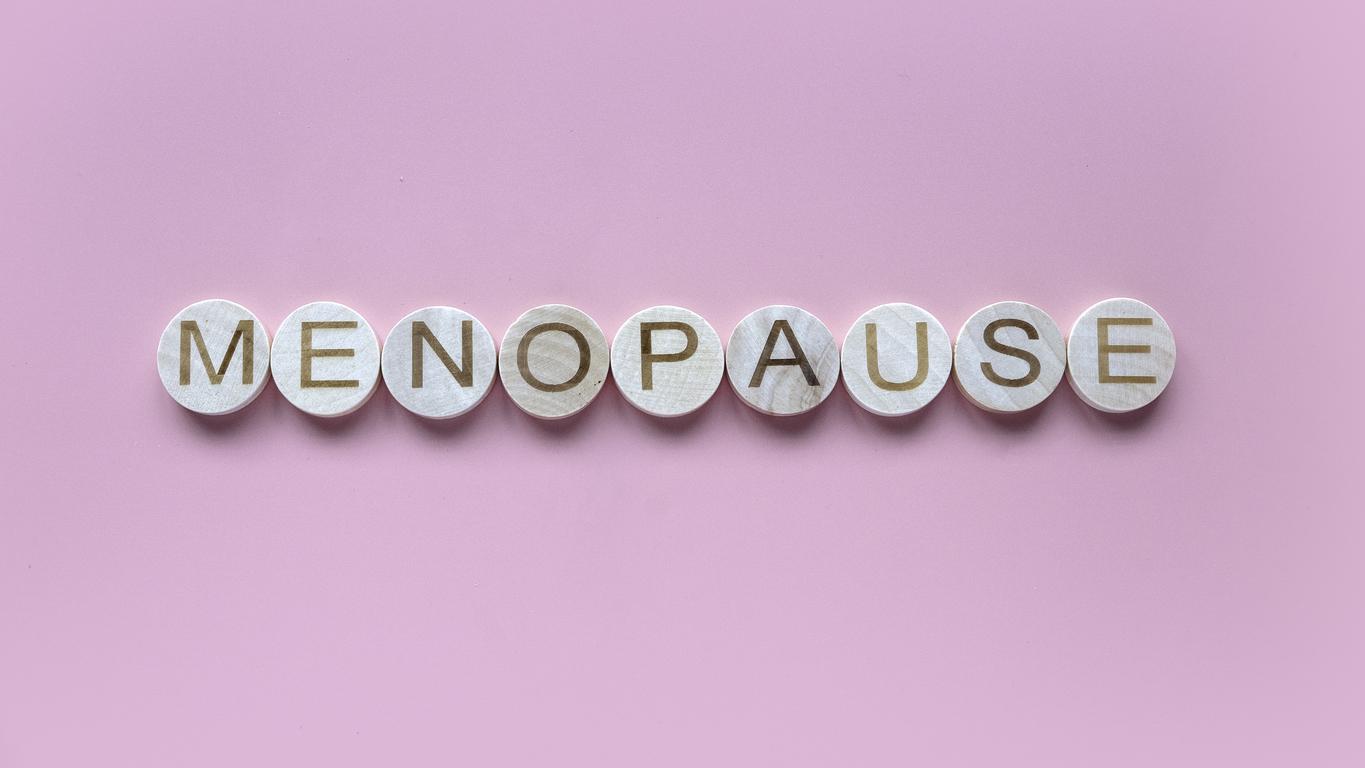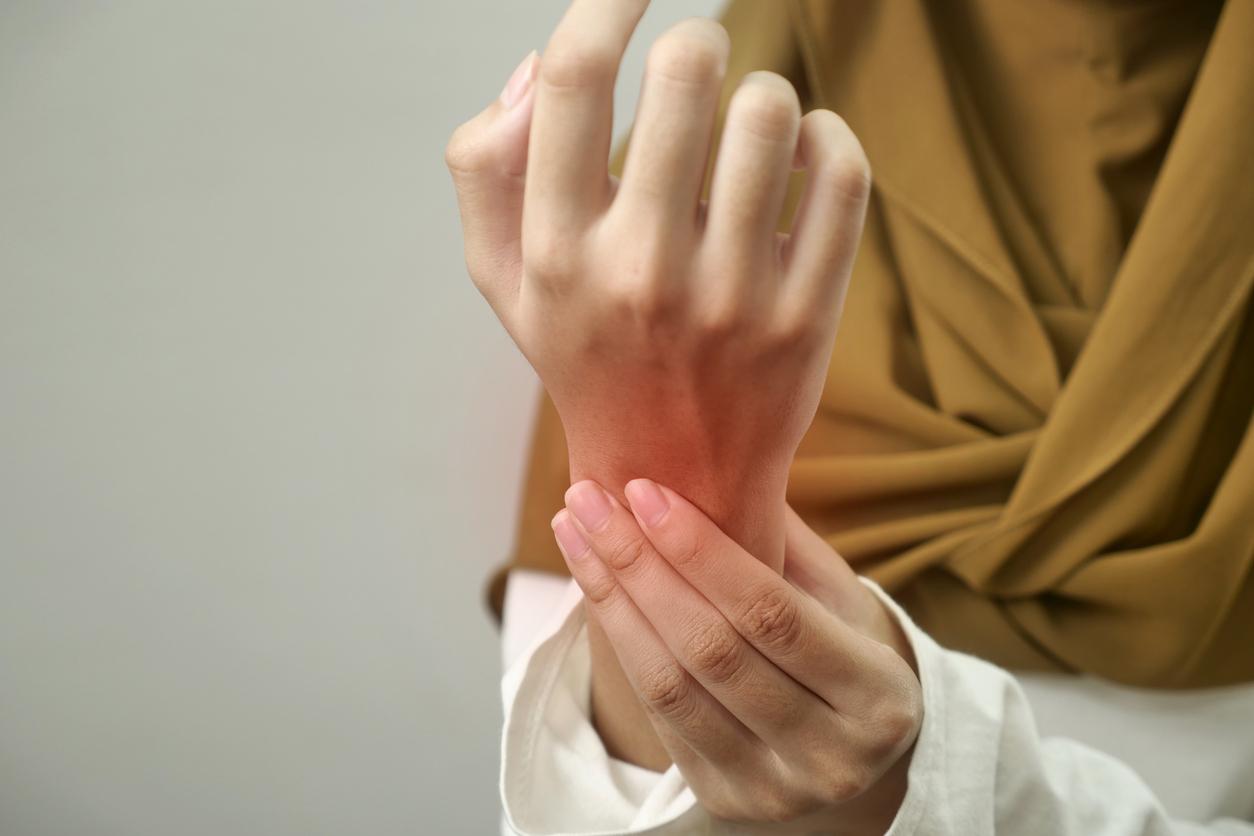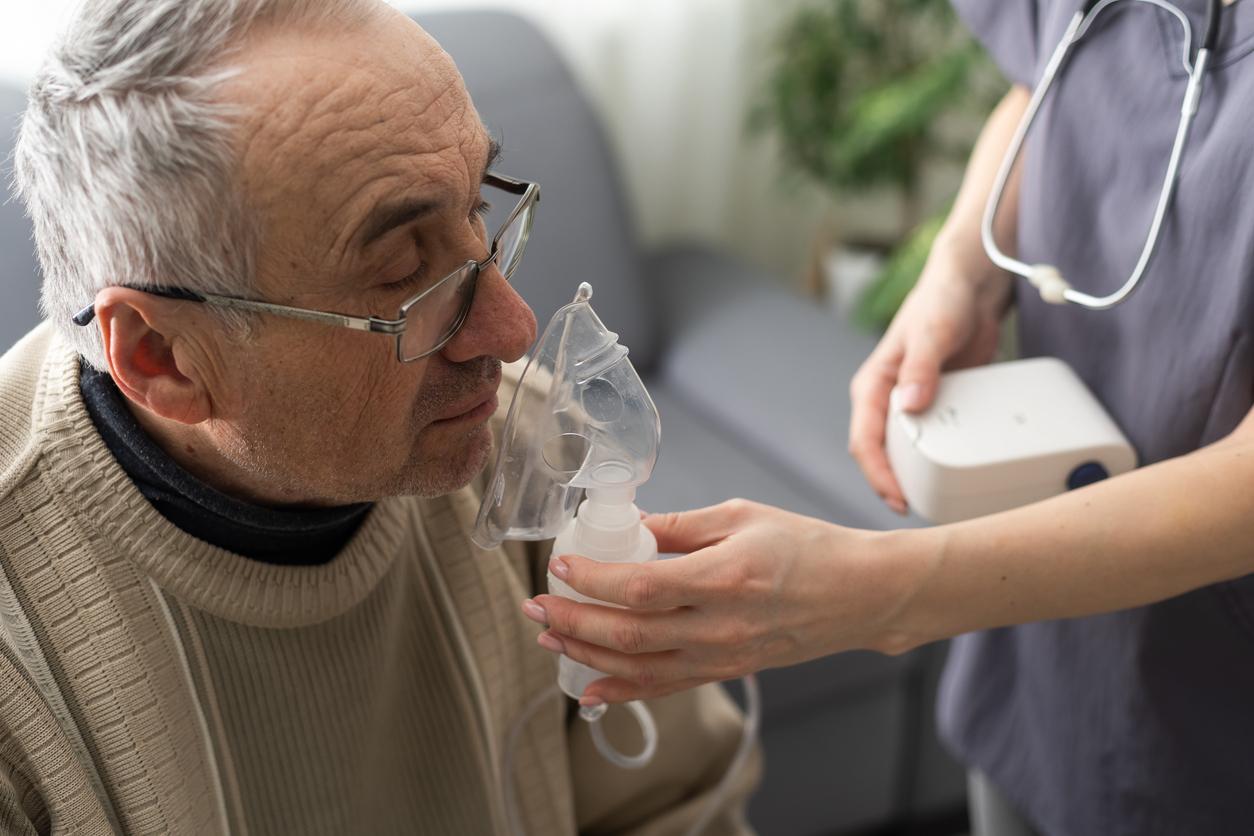
Physical changes at a glance
The transition is a completely natural process, in which a new balance is sought. This is accompanied by physical discomfort. A summary.
First of all: unfortunately (almost) no one passes the transition just like that. If you have one of the symptoms below, it is sometimes wise to visit your GP, pharmacy, drugstore, menopause consultant or gynaecologist. They can inform you optimally about the possibilities to relieve the symptoms.
hot flashes
An hot flash is a sudden onset of heat. This can be accompanied by sweating, an accelerated heartbeat, tingling, nausea and heavy and tired limbs. Face, neck and chest usually turn red. The duration of a hot flash and the number per day/night can vary greatly from person to person.
dejection
Changes are often accompanied by strong emotions. So are the changes in the transition. Feelings of loneliness, depression, crying spells and irritability are common. Play naturally hormones a role in this.
But certain events in this phase of life, such as children leaving home, are also drastic. Moreover, it is sometimes quite difficult to accept that you are getting old. Talk about this with a close friend or with women from aid organizations.
Skin
Estrogen is beneficial for the skin. If estrogen levels change during menopause, it is important to the skin to feed well. Due to the reduced estrogen level, the skin becomes drier and slacker.
The skin can now too more sensitive be exposed to outside influences. By the way, hereditary predisposition also plays a role. In any case, it is important to take good care of your skin. Do not go out in the sun too much and protect your skin with a good cream.
head hair
If the estrogen amount changes, it is important that the blood flow to the small blood vessels of the body is stimulated. This also applies to the blood vessels in the scalp.
Sometimes this has consequences for the condition of the hair: if not stimulated, the hair can become thin and limp. Scalp massage helps to support blood flow.
body hair
In addition to female hormones, every woman also produces male hormones. This is called the hormone balance. This balance shifts during the transition.
Less female, but still as many male hormones are produced. As a result, you can suffer from extra hair growth on the legs, upper lip or chin. Waxing or epilation can be solutions.
Weight
Many women gain a few kilos during the transition. That has more to do with aging than with menopause. Men also gain weight around this age. One explanation is that the metabolism slows down, while the eating pattern usually does not change.
Attention to healthy, wholesome food is therefore appropriate. However, the question remains whether a few extra pounds can do so much harm. Especially if you consider that after the menopause the fatty tissue partially takes over the task of the ovaries and starts to produce oestrogens.
breasts
During the menopause, your breasts will likely change. On the one hand, because connective tissue – in both men and women – becomes weaker with age. On the other hand, the decrease in estrogen also plays a role. As a result, the mammary gland and fat tissue changes and breasts become less firm.
Eyes
Less estrogen also means less tear fluid. As a result, you may suffer from dry and irritated eyes. This is especially annoying if you wear contact lenses. Changing the lenses every now and then for an hour for glasses provides relief.
Vagina
Change in the amount of estrogen affects the blood flow in the genitals. As a result, the mucous membranes of the vagina and urethra can become dry and sensitive. Making love can therefore be less easy and painful. Then use a lubricant. Hygiene is also extra important, because the balance in the vagina does not recover as quickly. A vaginal rinse can offer a solution.
Blood pressure
Women of childbearing age generally suffer less from high blood pressure than men. This has to do with menstruation, among other things.
After all, the monthly bleeding is a kind of ‘bleeding’. When the menopause sets in, this ‘bleeding’ disappears and the blood pressure can start to rise. When you pay close attention to your diet, there will be fewer problems.
sleep
Your sleep patterns may change in the transition. Especially if you suffer from hot flashes and perspiration, this can seriously disrupt your night’s sleep. In addition, emotional issues can also make you sleep worse. It is also true that the need for sleep decreases as you get older.
Osteoporosis
About 20 percent of women experience osteoporosis or osteoporosis during the menopause. You then lose bone minerals, and your bone density and strength decrease. Bone tissue is built up and broken down again and again throughout your life, but after the age of 45 the definitive breakdown begins. That process is even faster during the transition.
Due to the decrease in estrogen, menopausal women lose about 10 to 20 percent bone mass in a few years. This ensures that the bones break more easily later in life. It is therefore important to eat calcium-rich foods, to exercise regularly and especially not to smoke.
A special dietary supplement and/or extra calcium intake can also prevent problems later on. Women who have entered the menopause very early have an increased risk of osteoporosis.

















